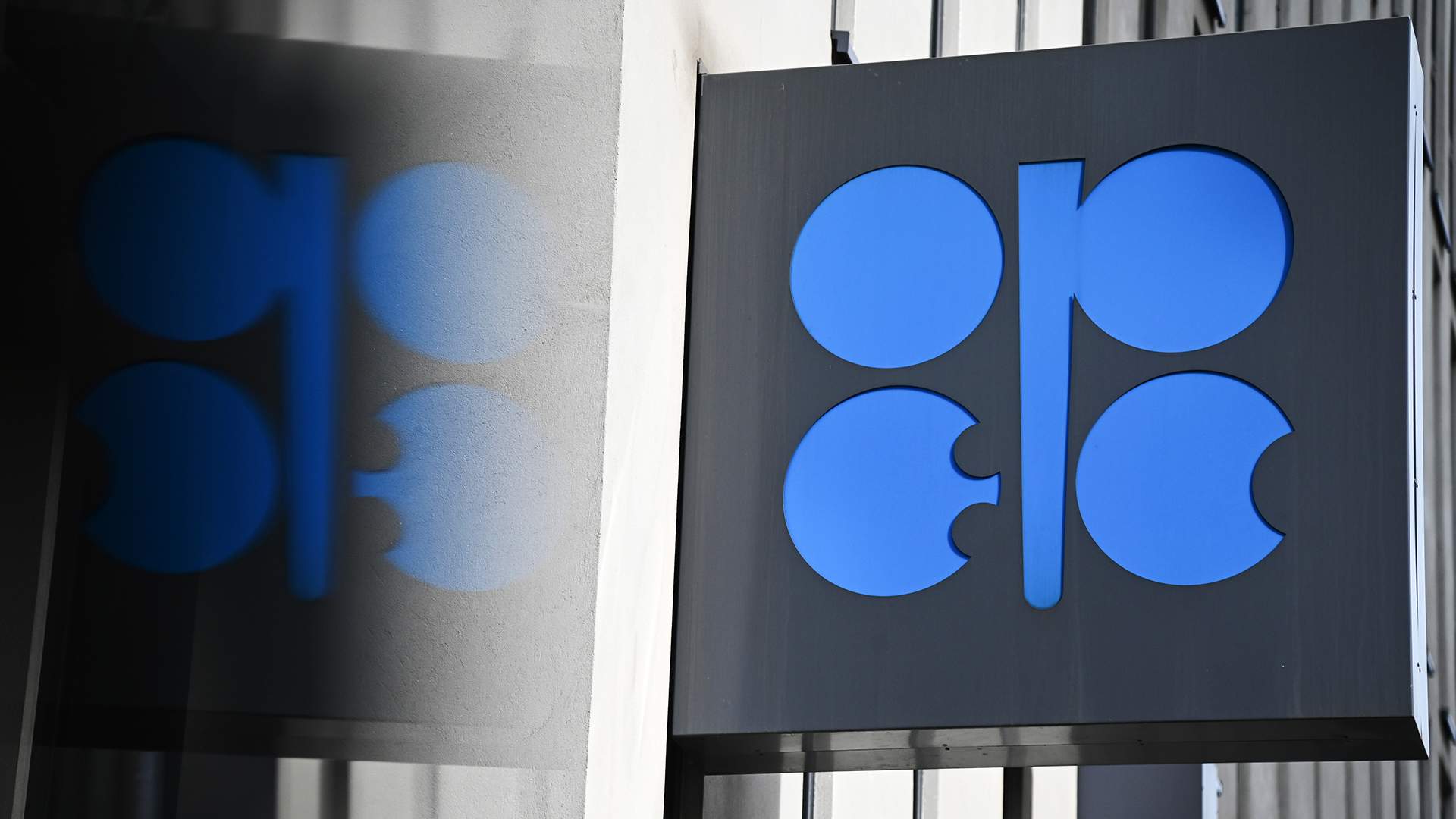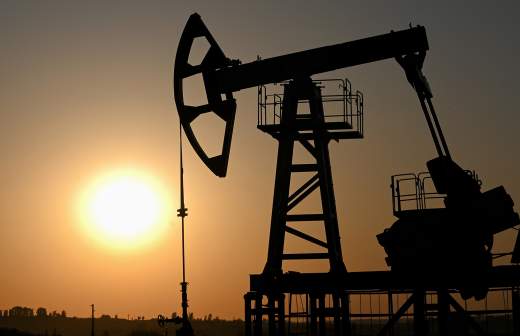Timid step: will a change in OPEC+ policy lead to a collapse in oil prices

Last week, OPEC+ decided to increase production by the countries included in the agreement for the first time since 2022. The growth will be small to begin with — 138 thousand barrels per day — and looks insignificant compared to the 5.85 million barrels per day by which the oil cartel and its affiliated countries have reduced production over the past few years. Nevertheless, this is an important step towards market saturation. More importantly, the build—up is taking place against the backdrop of an extremely turbulent global economic agenda - the massive introduction of import duties. Is there a risk of a collapse in hydrocarbon prices and what this situation may mean for Russia — in the Izvestia article.
Overdue and overripe
The decision to increase production was expected and did not create a sensation. The actual growth of oil production in the countries that joined the agreement is already underway. So, in February, production increased by 170 thousand barrels, of which about 80 thousand were provided by Iran. At the same time, none of the countries has reduced production by any significant figure. The decision is overdue.
OPEC+ kept production low for quite a long time. The timing of turning on the tap was postponed time after time, although prices periodically exceeded the mark of $ 80 per barrel. However, there was no rise to $100, which some analysts expected. The decrease in supplies from the cartel and its associates was offset by an increase in production in other countries, primarily in the United States, but not only. For example, a new and quite significant oil power appeared on the map — Guyana. As a result, the market has been in a fairly stable (as it turned out) equilibrium for many months.
However, it was impossible to postpone the decision to restore production indefinitely: the spare capacity accumulated since the pandemic is too large. Now the only question is how determined the oil powers will be on this path. The problem, however, is the changed market conditions. Oil prices have already felt the first effects of the tariff war waged by the US administration since February. Instability in the global economy threatens several major markets with recession, and this is not the best period for oil prices.
Demand will digest everything
Will an increase in OPEC+ production lead to a collapse in oil prices? According to Ivan Timonin, project manager of the Implementation company, the current decline cannot be called dramatic.
Given the current state of the global market balance, a further and more significant decrease in oil prices also seems unlikely. This is due to the fact that currently there are indeed prerequisites for an increase in demand on the global market.
— By the end of the year, we expect consumption to increase by about 1.5 million barrels per day relative to the level of 2024. Half of this increase will be provided by developing and friendly countries for the Russian Federation, represented by China and the countries of Southeast Asia. The Middle East and Africa will make a definite contribution, the expert believes.
In his opinion, all this should be enough to "digest" new supply volumes from both OPEC+ member countries and the United States. At the same time, OPEC+'s decision to increase production is gradual, Ivan Timonin emphasizes.
— Specifically, in April, the market will receive less than 150,000 barrels per day of new volumes. In addition, the participating countries wisely leave themselves room for maneuver and indicate that, based on the market situation, plans to increase production may be revised," he explained.
Thus, no price shocks are expected in the near future, while quotations are likely to settle in the range of $ 65-75 per barrel.
Unaccounted-for factors
Lyudmila Rokotianskaya, an expert on the stock market at BCS World Investments, admits that oil prices may fall to $60-65 per barrel in 2025, as the global balance is expected to be skewed towards oversupply.
— The reason is the increase in production from non—OPEC+ countries, as well as pessimistic forecasts for oil demand in 2025-2026. Trump's tariff policy is now only increasing concerns about the future development of the global economy and, as a result, energy demand.
Lyudmila Rokotyanskaya emphasizes that the dynamics of oil prices depends on many other factors that are difficult to predict.
— This is primarily about geopolitics — for example, it is possible to increase sanctions pressure on Iran. Secondly, the factor of the US strategic reserve. If oil prices are excessively low for American producers, the US authorities may decide to replenish the strategic reserve," the expert explained.
Earlier, Donald Trump made statements that he intends to fill it out again. The new president also has a desire to further stimulate oil production in the country, and for this it is necessary to maintain a certain price level. The cost of shale oil production in the United States is at the level of $ 60-65, Lyudmila Rokotyanskaya recalled.
Marcel Salikhov, President of the Institute of Energy and Finance, said that there is a risk of a further drop in oil prices due to the outbreak of tariff wars.
— The market may now underestimate the impact of this factor, since the last time such large—scale tariff wars took place was a long time ago - in the 30s of the last century. Most modern economists agree that the tariff wars of the time increased the severity of the Great Depression and prolonged it. There is a risk of a similar situation today.
Safe scarcity
Oil prices have always been of particular interest in Russia, given that our economy's dependence on hydrocarbon exports is still high, although it has decreased slightly in recent years. What are the consequences of a new round of price cuts for us? According to Rokotyanskaya, the weak oil market is a negative for Russia. Sanctions are still in effect, which provoke an increase in export costs. All this is negative for the further dynamics of the ruble.
"At the same time, there has been a positive geopolitical trend," she notes. — It is possible to lift sanctions in case of a successful settlement of the Russian-Ukrainian conflict. This event can stimulate the influx of foreign investment into Russia, remove barriers to the sale of our energy resources and, as a result, save the ruble from severe devaluation.
At the same time, Marcel Salikhov believes that the current level of oil prices is not critical, as the budget planned for 2025 assumes a low deficit (0.5% of GDP).
"However, if a full—fledged economic crisis occurs in the global economy, then the Russian economy will obviously suffer due to a decrease in export revenues due to both price and volume," concluded Marcel Salikhov.
Переведено сервисом «Яндекс Переводчик»







